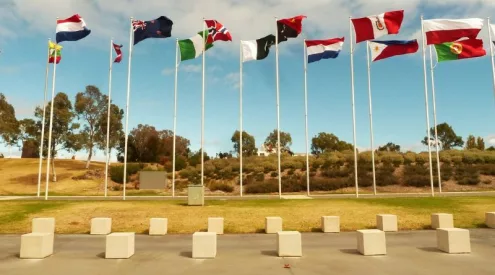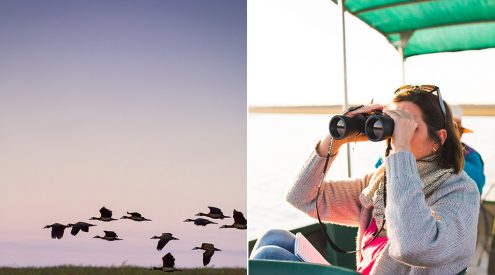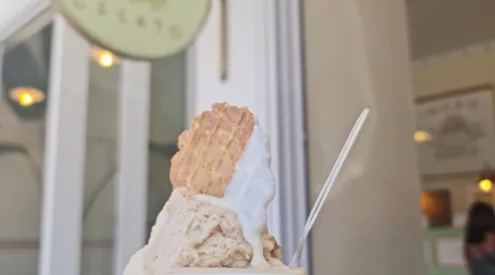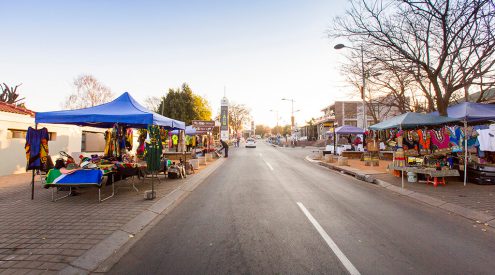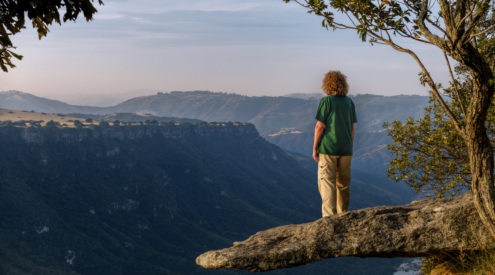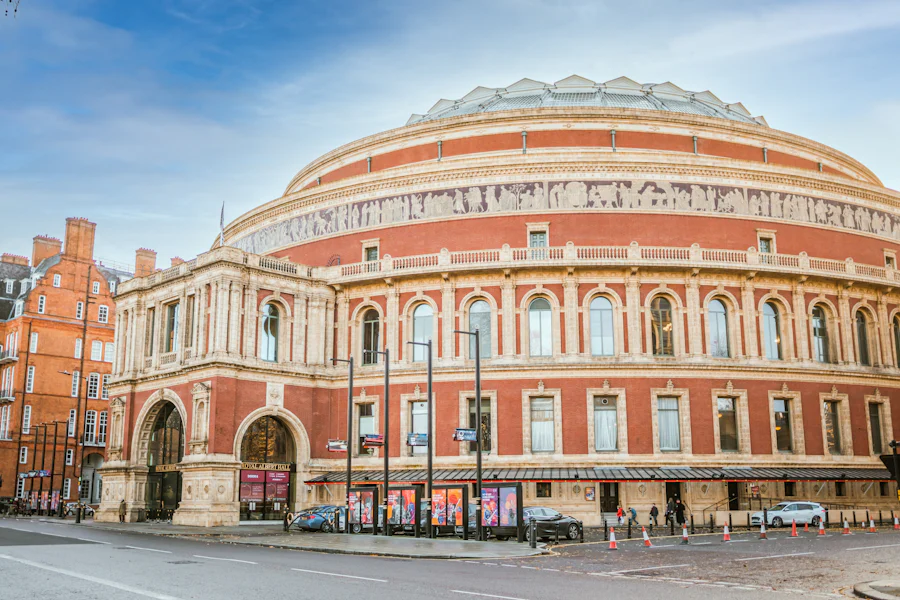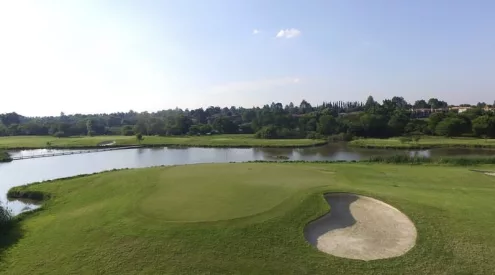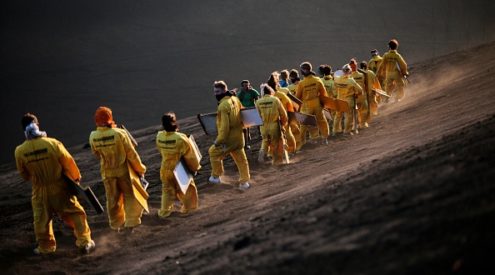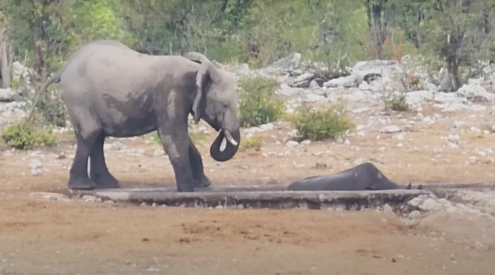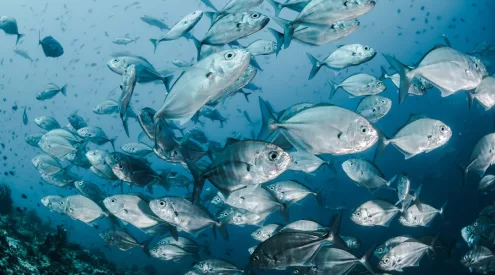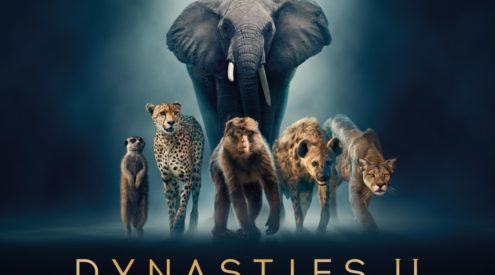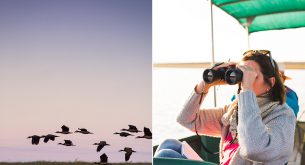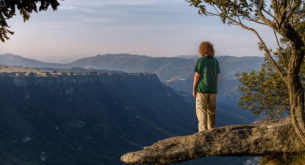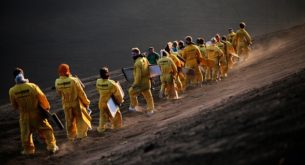Following in the footsteps of his mentor George Adamson (of Born Free fame), Tony Fitzjohn dedicated his life to the conservation and liberation of Africa’s wildlife. His passion has seen him tackle poachers, politicians and hunters over the past 45 years as he pursues his mission of reintroducing lions, leopards, rhinos and hunting dogs to protected areas. His book, Born Wild, is a humorous, often sad, account of his disappointments and successes – working alongside Adamson at Kenya’s Kora National Reserve and later while resurrecting Tanzania’s Mkomazi Game Reserve from a wasteland to a thriving natural resource.
Is bonding with wild animals a gift, or can it be learned?
Animals soon know if you are sympathetic to and understand them. A lot of people have a great preoccupation with their pets. But when it comes to the wilder, large cats, most people are fine with them when they’re young, but as they get bigger people can’t relate to their need for freedom and their extra needs if still in captivity. Their instincts and inherited knowledge are vital to lions; too long in captivity and they become apathetic and frustrated.
How do you return a lion to the wild?
George discovered that walking with lions was the best way to get them acquainted with the bush and ready for self-reliant life. As we strolled along, they would head off into the surrounding country, as dogs do when you take them out, following scents and trails and searching for excitement.
How do you put up with all the bureaucracy in conservation?
I’ve been around so long that I have some influential friends and a lot of support in Tanzania, including within the bureaucracy. They tend to steer a path around me and accept my simplistic approach to projects and solutions to problems. After all, it’s not rocket science. They’ve just been bamboozled into believing that it’s an academic exercise. Not something that is dirty, dangerous and heartbreaking, and if it’s not, then you’re not doing it properly. The wheel is turning though.
Tell us about life with George and his brother Terence.
Terence was teetotal and a reputed virgin. But that was his business. He and I were competing for George’s approval and affection … but he saved that for the lions. Life was very basic, very hot and very magical.
Something important you learnt from George?
One of the many things he taught me was to use my sense of smell. George smoked a filthy old pipe and I smoked filterless Rooster cigarettes, but despite our tobacco intake, smell was still one of our most useful senses. It’s the sensory landscape you construct with all your senses that allows you to become good at following spoor and finding animals. George had been doing that for 50 years, so it was second nature to him to smell the air and to pick up odd sounds. I was from London, so I had to learn it.
What have you learnt from the lions?
To be myself. And to do all I can for all wild animals, because so much of mankind brushes them aside in the oncoming tsunami of the human race.
Does trophy hunting help fund conservation?
No! I thought we all knew better than that. If animals can’t be translocated, then bring in the wardens to deal with it. Sickos killing for “˜sport’. What on earth is their problem?
What is your biggest obstacle: politics, poachers or cattle barons?
Cattle, politics and poachers.

